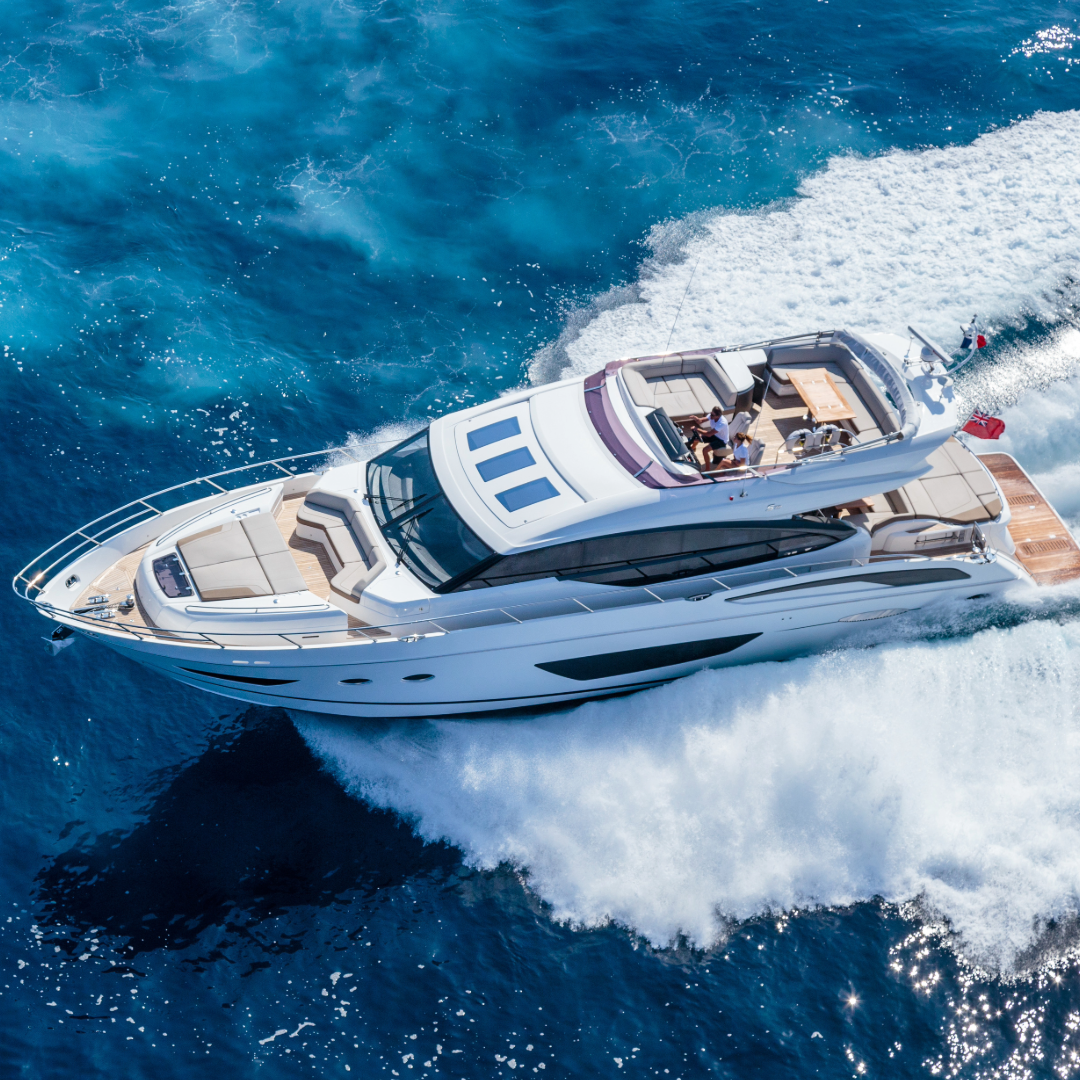Guide to Buying a Boat in Australia: What Every New Boat Owner Needs to Know
Buying a boat is an exciting prospect that promises countless adventures and relaxing days on Australia’s beautiful waterways. However, purchasing a boat involves some careful planning—from understanding your needs and budget to navigating legal requirements, insurance, and ongoing upkeep. Here’s a comprehensive guide to help you make an informed choice before you take the plunge.
1. Define Your Purpose and Needs
Boats come in various forms, each suited to different activities. Start by considering the kind of boating you’ll be doing:
- Recreational and Leisure Boats: Great for family outings, water skiing, and leisurely cruising around harbours or along the coast. Powerboats like runabouts and jet boats are popular choices.
- Fishing Boats: Designed to handle tougher conditions with features like rod holders, bait tanks, and plenty of storage for gear.
- Sailing Boats: Trailer sailers, catamarans, and yachts are ideal if you love the freedom of sailing.
- Specialty Boats: High-performance or custom-built boats are options for a unique experience. Other specialty choices include liveaboard vessels for extended stays and timber boats if you appreciate traditional craftsmanship.
2. Set Your Budget and Financing Options
Owning a boat can be a significant financial commitment. Here’s what to factor in:
- Initial Purchase Price: Prices vary widely depending on the boat type, size, brand, and features. New boats generally cost more, but they come with warranties and the latest technology. Used boats can be more affordable, though a thorough inspection is essential.
- Financing: Many financial institutions in Australia offer boat loans. Compare loan rates, terms, and any fees involved. Keep in mind how the loan payments fit into your budget, as other ownership costs can add up.
- Ongoing Expenses: Beyond the purchase, consider ongoing expenses like fuel, dock fees, storage, and maintenance.
3. Familiarise Yourself with Australian Boat Regulations
Australia has strict regulations for boat ownership and operation, which vary by state. Be sure to understand the following requirements:
- Boat Licensing: In most states, operating boats with engines above a certain power level requires a boating licence. Licensing requirements vary, so check with your state’s maritime authority.
- Boat Registration: Boats must be registered in the state where they’re primarily kept or used. Registration usually involves proof of ownership, a hull identification number (HIN), and insurance details.
- Safety Equipment: Australian regulations mandate that boats carry certain safety equipment, such as life jackets, fire extinguishers, and flares. Requirements depend on the boat type and where you’ll be operating it.
4. Inspect and Test the Boat
A thorough inspection is key to avoiding potential issues and costly repairs down the track. For new boats, this is generally less of a concern, as manufacturers typically offer warranties. If you’re considering a second-hand boat, however, here are some essential checks:
- Inspect Hull and Deck: Look for cracks, blisters, or signs of wear. A damaged hull can be expensive to repair and impact performance.
- Check the Engine and Mechanics: Make sure the engine is in good condition by getting a marine mechanic to inspect it. Look out for rust, leaks, or outdated parts.
- Test the Electronics: Ensure navigation, lighting, and communication systems are operational.
- Sea Trial: A test run on the water is crucial. Pay attention to how the boat handles, how well the engine runs, and whether any unexpected issues arise.
5. Insure Your Boat
Boat insurance is essential, providing financial protection against damage, theft, and liability. Marine insurers like New Wave Marine Boat Insurance offer tailored insurance policies for different types of boats.
6. Plan for Maintenance and Upkeep
Boats require regular maintenance to stay in safe, operable condition. Maintenance includes:
- Cleaning and Anti-Fouling: Boats used in saltwater need regular cleaning and may require anti-fouling treatment to prevent marine growth on the hull.
- Engine Servicing: Follow the manufacturer’s recommended servicing schedule. Regular oil changes, filter replacements, and part inspections are crucial.
- Hull Inspections: Regular hull inspections help you catch minor issues, like cracks or blisters, before they become major repairs.
- Electrical and Plumbing Maintenance: Keep electrical systems, pumps, and plumbing in good order, especially for liveaboard or larger boats with complex systems.
7. Find a Safe Storage Solution
Proper storage is essential for keeping your boat in top condition, especially during the off-season. Storage options include:
- Marina Storage: Marinas offer convenient water access and storage options, from wet slips to dry storage. While more expensive, they’re ideal for larger boats or frequent boaters.
- Trailer Storage: If your boat is trailerable, storing it at home or in a secure storage facility can be a cost-effective option.
- Boat Sheds and Storage Units: Dedicated storage units keep your boat out of the elements, useful for high-performance or specialty boats requiring controlled conditions.
8. Prepare for Australia’s Water Conditions
Australia’s waters are diverse, from calm inland rivers to the open sea. Understanding the waters where you’ll be boating can help you choose the right type of boat and safety gear. Here’s a quick look at popular boating regions:
- Western Australia: Known for its rugged coastline and open waters, so seaworthiness is essential.
- Queensland: With the Great Barrier Reef and tropical waters, good navigation skills and durability are key.
- New South Wales and Victoria: These states offer a mix of river, harbour, and coastal waters, suited to both small and large vessels.
9. Consider Environmental Impact
Responsible boating includes steps to protect Australia’s waterways. Simple measures like using fuel-efficient engines, eco-friendly cleaning products, and observing “no-wake” zones to prevent erosion help protect our waters. Also, choose engines that meet current emissions standards.
10. Join a Boating Community
Joining a local boating club or community can provide support, resources, and camaraderie. Many clubs offer storage options, training sessions, and events to enhance your boating experience.
Final Thoughts
Buying a boat is more than just a purchase; it’s a lifestyle investment. By defining your needs, understanding regulations, planning maintenance, and securing insurance, you’ll be well-prepared to enjoy Australia’s waterways safely and with peace of mind. An informed buyer is a responsible and happy boater.
Disclaimer: The information provided in this article is intended as general advice only and does not take into account your personal circumstances, financial situation, or specific needs.


